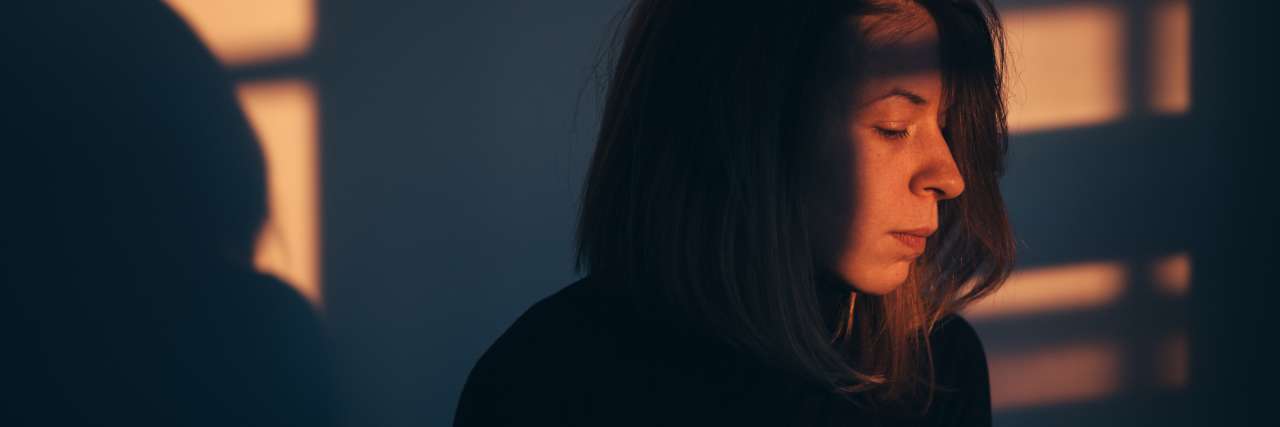I live with bipolar I disorder and anxiety and I have to be honest, I didn’t fully understand what recovery meant until about six months ago. While I think recovery means something different for everyone, for me it doesn’t mean a “cure” for this illness or the idea that I will never have to experience another episode.
• What is Bipolar disorder?
Instead, recovery means that I am learning how to cope better with the illness I live with on a day-to-day basis and hopefully limiting the frequency and intensity of episodes by learning tools and coping strategies in therapy and working with my providers.
I’ve learned that this means I am going to have setbacks. This has been one of the hardest parts about recovery so far. A long time ago, a very smart provider once told me that relapses are not failures, but a really great way to learn something about yourself. I certainly had no way to process that at the time, but it is crystal clear in this moment.
I still have mood episodes. I still deal with anxiety that takes me to my knees at times. I find myself getting angry that I am not progressing on a linear path toward something better, until I realize that each one of those times is a chance to apply the new skills I’m learning and to improve my response for the next time. These relapses really are an opportunity to grow and learn. They don’t have to be failures for me, and I don’t have to start from square one every time.
Relapses are hard, but they have been an integral part of my recovery process. The steps backward that I have taken have led to giant leaps forward because I was able to learn from them. Recovery is not easy, and I feel like it will be a lifetime process for me, but I’m glad I’m finally on the path.
Getty image via Marjan_Apostolovic

